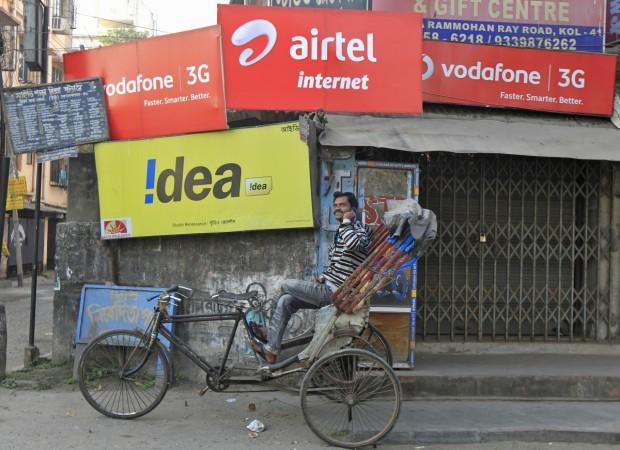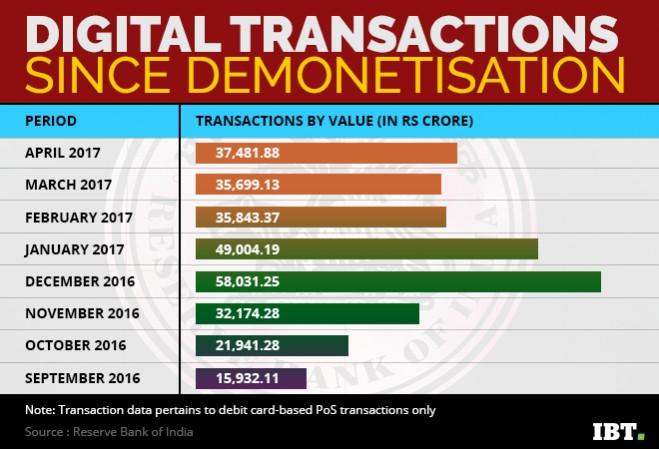
The launch of the Digital India program in 2015, seemed to be the harbinger of achhe din, in a country where interrupted calls and call drops were still the norm.
Three years on, an ambitious program meant to revolutionize the very way of life of Indians, digitization has actually managed to change the way we look at life.
Gone are the days when you would sit through hours before being able to connect to your near dear ones or spend money through your nose to connect. In a click, you have the world at your feet.
Sounds good?
Let's see if it feels good too. It is thanks to the digitization drive that we witnessed a meteoric rise in the number of smartphone users.

Mobile companies like Reliance gifted Jio which completely revolutionized the communication scene. Every smartphone user has 1 GB or more data at his/her disposal every day, and good as it may sound it is actually the genesis of a big social problem.
While it's important for people in R&D, banking, and such sectors to have access to the internet on a regular basis, it is a big distraction for young impressionable minds that have not much use of the tool that has been placed in their hands.
Leave aside the young teenagers, even an infant playing with its mother's mobile is not a rare sight anymore. Unmindful of the health hazards it may lead to, these over-busy parents are actually pushing their children toward an unhealthy way of life where placebo is the answer to every problem.
But about that some other time. For the purpose of this article, I am more concerned about the social consequences that the nation is facing at large. With the advent of ERNET in 1986 and further VSNL in 1995, Indians had started getting a taste of that world of wonders known as the internet. However, the magic was limited to a limited section of people paying an exorbitant rate for some specific purposes.
In 2015, a government-sponsored digitization drive began in India and the nation experienced what may be at best termed 'internet ecstasy,' and at its worst also be termed 'internet lunacy.'
While one has to agree that the availability of internet is important for any kind of research, one also has to understand that such research facilities could be made available at the organizational level, while at the individual level internet has limited use and hence its availability too should have been limited. When school kids have unlimited data on their mobiles, they don't use it for research as much as for networking. And one has to agree that networking at such a young age, instead of being conducive, may be detrimental to their growth.
While it's always a great idea to have all the available sources of information at your fingertips, some kind of training/counseling/expert advice is also desirable for the appropriate use of such sources. So, before thrusting the gift of unlimited data to such young hands, there should have been some kind of counseling of the youth who were supposedly its main beneficiaries. As would be clear from the negative impact that this freebie has had on the vulnerable minds, not enough thought was spared on the ramifications that the youth may be exposed to.

Today if there is a rise in juvenile crime rates, the unlimited data is quite a big factor contributing to it. We didn't train our youth to use the toy that we so generously placed in their hands. Consequently, we have a Google generation that does not value things that are not available on the internet. Human values, naturally, have to take a back seat now. We have the social media flooded with selfies of the bereaved family beside the body of their departed dear ones. We don't acknowledge love till it's proclaimed loudly on social media. Alas, whoever thought love would, one day, become virtual!
Again, not very uncommon are sights of families out on reunions, with their eyes glued to their mobiles, sitting in a restaurant waiting for food. It's never a lonelier planet as it's today. All thanks to mindless digitization.
Even as I am writing this, I wonder why at all, was the internet made freely available in a country where even such basic necessities as food and shelter come for a price. Why is it that no political party ever tried to put a restriction on it?
To my mind, the politicians thought that internet could help them in campaigning for their favorites and spreading false propaganda against their opponents.
Let's look at the ground reality. The moment a government increases prices of petrol, gas cylinder, or hike pulses' rate, or offers no tax benefits for the middle class, it is trolled viciously. After the Budget, we all saw how the social media was flooded with news excavated from the archives where finance minister Arun Jaitley argued to extend the income-tax limit to Rs 5 lakh, some years ago when he was part of the opposition team.
Alas, thou propose and the internet disposes! Be the Frankenstein at your own risk.
(Pradeep Kaimal is a Delhi-based energy journalist)














